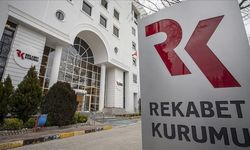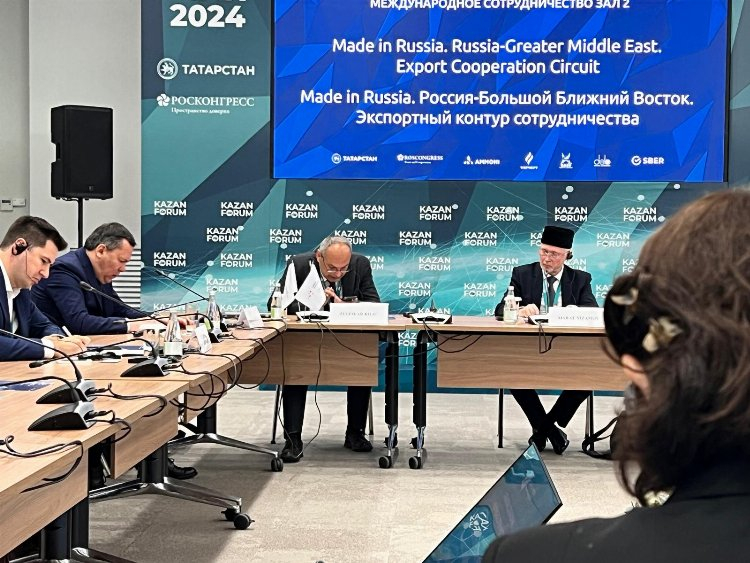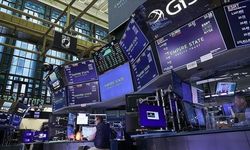Shared curriculum makes climate change a business school focus


It’s well documented that corporations play a major role in emitting climate-altering greenhouse gases. One study found just 100 companies were responsible for more than 70% of the world’s emissions. By the same token, the business world will need to be fully on board if the world is going to avoid the worst outcomes of global warming.
So why isn’t this topic required reading at every business school across the country?
A group of educators is trying to change that with its free and shareable Open Climate Curriculum. Among the educators is Bruce Usher, a professor at Columbia Business School and author of the book “Investing in the Era of Climate Change.” He spoke with “Marketplace Morning Report” host David Brancaccio. The following is an edited transcript of their conversation.
David Brancaccio: I think it’ll be surprising to some people — this is not de rigueur in business schools? A core piece of the curriculum devoted to understanding the effects of climate change on business?
Bruce Usher: Well, it is new. We’ve been teaching climate change for several years. But it’s really accelerated at this point. I mean, people realize most sources of greenhouse gas emissions are from business. And we can’t really address the problem without engaging business at full scale.
Brancaccio: Because future business leaders could end up with some clout, some ability to change things, and you would like them to have a good grounding in the subject.
Usher: I would. Let me just give you a simple example: I have a student who graduated a couple of years ago, and she founded a solar development company. And I just did a little back-of-the-envelope math in terms of what she created after she graduated, and I found that if we graduate 10,000 students like her, the U.S. would meet its net-zero target by 2050. And one business school at Columbia can’t teach and graduate 10,000 of those students. But all of the business schools in the U.S. together can. And that’s really what we need to do.
Brancaccio: So tell me how you approach it there at Columbia.
Usher: Our solution is we should share. We should share our teaching materials with other schools, other business schools, and they should share with us. And by sharing materials, which is not normally done in academia, we would be able to accelerate the number of students we teach, we’d be able to teach them better, we’d be able to teach them faster.
Brancaccio: Then enter new technology. I mean, obviously, I’m gonna say artificial intelligence. Tell me about the role of AI in this open-source curriculum.
Usher: It’s one thing to take syllabi and teaching materials and share them. That’s beneficial, it’s helpful. It’s that much more powerful if you can take that material and then create new material, since different schools have slightly different populations and teach in different ways. You can’t just replicate someone else’s syllabi, you need to adjust it for your needs. And we decided to apply AI to these syllabi that we were gathering and asked ourselves, “Could we create new teaching materials?” So these technologies are powerful. They still need a lot of work on our side to make them really usable for a lot of faculty, but we like the way this is headed.
Brancaccio: How do you talk about the paradox in the middle of this, though? That you’re there to build shareholder value, and maybe serve a wider set of stakeholders, not just the shareholders, but often dealing with the climate is something that’s a cost and takes away from profits.
Usher: It does in many cases. And that’s the challenge, right? If this was all wildly profitable, we would be dealing with this much faster. There are trade-offs, there are challenges. That’s where the role of policy comes in. But we are going to decarbonize the global economy. We have no choice. This is going to happen over the next several decades. This is a macro trend that’s going to occur over the next 30 years. And businesses will be engaged on that whether they want to or not. It’s going to happen. The question is, how do you do it? And that’s where the education comes in. It is hard, it is challenging, but more and more companies are figuring it out. And more and more business schools are really leading that on the education side. So that’s our objective here.
There’s a lot happening in the world. Through it all, Marketplace is here for you.
You rely on Marketplace to break down the world’s events and tell you how it affects you in a fact-based, approachable way. We rely on your financial support to keep making that possible.
Your donation today powers the independent journalism that you rely on. For just $5/month, you can help sustain Marketplace so we can keep reporting on the things that matter to you.
EN SON TV sitesinden daha fazla şey keşfedin
Son gönderilerin e-postanıza gönderilmesi için abone olun.












